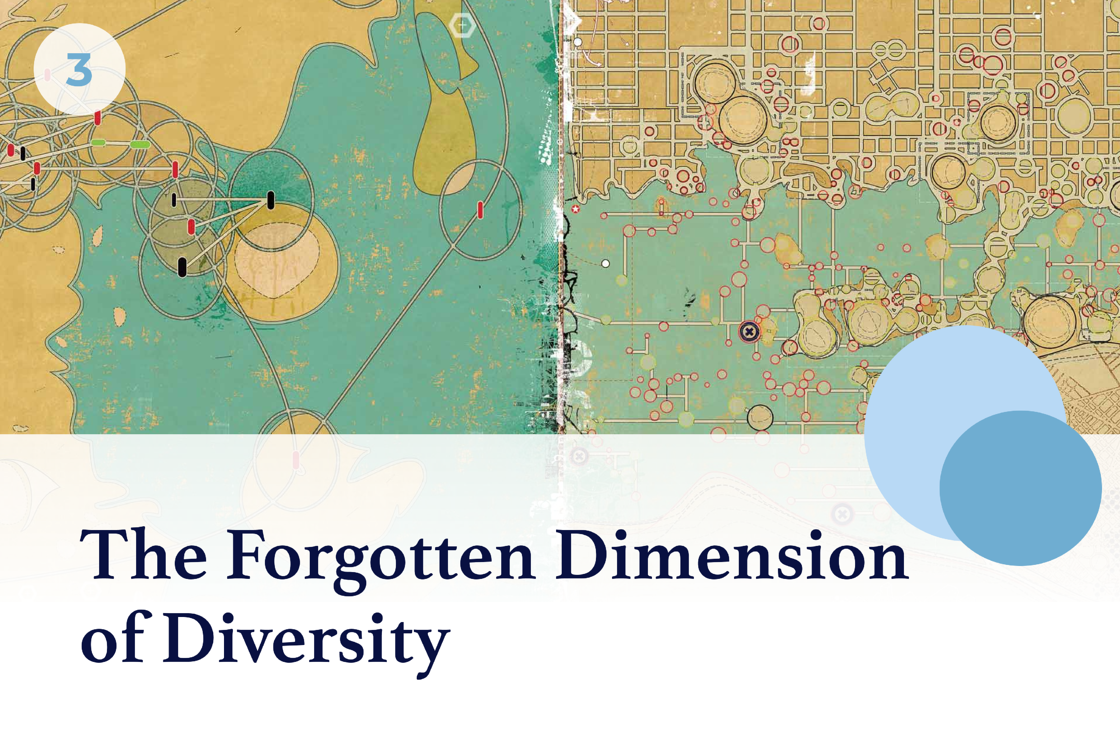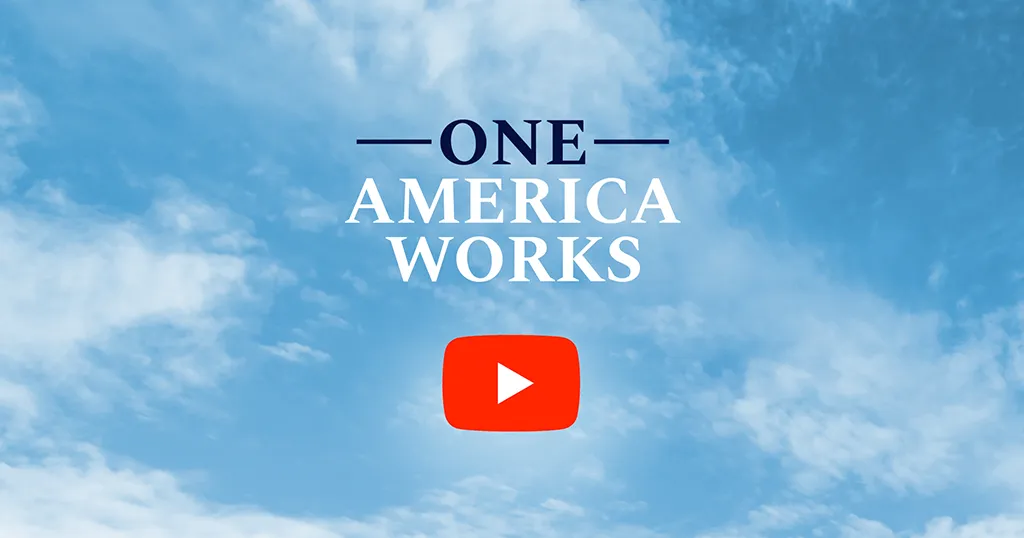Before the new era of remote work and more distributed company models, most businesses tended to focus their hiring on talent located near the office. Location bias has long been an issue for tech companies, and it’s stunted their ability to access qualified candidates from a larger, more diverse talent pool. Now facing the future of work, companies should consider building a diverse workforce in order to promote growth and innovation, improve financial performance, and create a desirable company culture for talent attraction and retention.
There are many ways companies can access diversity of thought, and it goes beyond what people traditionally think of in terms of racial and gender diversity. True diversity of thought that positively impacts companies can come from geographic diversity that intentionally hires from different regions or class diversity that accounts for individuals that come from different social or economic class backgrounds.
Ultimately, the idea is that teams with a variety of racial experiences, economic backgrounds, geographic understandings, and more are able to approach problems differently. This can help growing tech companies come up with creative business solutions for their wide consumer bases or transform customer experiences with more inclusive practices.
Thinking about diversity can be challenging because there are many layers from recruitment and hiring to collaboration and culture. To achieve the best possible outcomes for your business and your employees, ensure that all voices are heard and demonstrate respect for different traditions and backgrounds. Additionally, seek help when it comes to implementing diversity, equity, and inclusion practices effectively.
Learn more about what diverse hiring means in this edition of the Mid-Point.
Inside this issue
- Why Class Diversity Matters At Work
- What Does Diverse Hiring Look Like?
- The Forgotten Dimension of Diversity
- Places That Will Pay You to Move There in 2021
- Diversity & Inclusion Efforts Across the Country

A fascinating study from MIT found that the most diverse workplaces tended to be the most profitable, although it should also be said that those diverse workplaces were also quite fractious.
“The more homogeneous offices have higher levels of social capital,” the researchers explain. “But the interesting twist is that … higher levels of social capital are not important enough to cause those offices to perform better. The employees might be happier, they might be more comfortable, and these might be cooperative places, but they seem to perform less well.” Read More

Location bias has long been an issue for tech companies that has stunted their ability to access qualified candidates and a larger talent pool. Now at the cusp of the future of work, companies should consider diverse hiring practices because the benefits of a diverse workforce include better innovation and improved bottom line performance.
According to McKinsey & Company, the statistically significant correlation between a more diverse leadership team and financial outperformance demonstrated in previous research continues to hold true with their updated, enlarged, and global data set. In 2018, the Harvard Business Review found that diversity improved fund returns and led to more profitable investments when they analyzed financial performance of venture capitalists. A diverse workforce also helps attract and retain talent. Read More

Workers who come from lower social-class origins in the United States are 32% less likely to become managers than those who come from higher social-class origins. That represents a disadvantage even greater than the one experienced by women compared with men (27%) or Blacks compared with whites (25%). Social class disadvantage in the workplace prevails in every major economy around the world.
In discriminating against people who come from a lower social class, we’re discriminating against a majority of the workforce—a grossly harmful indulgence, especially when you consider what happens if you don’t discriminate. Companies pay a lot of attention to issues of gender and race, and for very good reason. In this article, the author argues that it’s time to focus equally on social class disadvantage. Read more

States, regions, and cities are trying to incentivize remote workers and self-employed individuals to move by offering money and other perks. Make My Move is an online marketplace that connects remote workers with cities that want to pay them to move there. If you’re interested, check out the packages that different cities are offering at MakeMyMove.com.
Since more individuals can work from anywhere, many places want to bring these workers to their area. For example, Southwest Michigan is giving new movers a $15,000 forgivable grant with the purchase of a new home in specific zip codes. You also get to choose additional perks from beach passes to car service to and from regional airports for a year. Similarly Tulsa, Oklahoma is offering $10,000, free community workspace, and other amenities to remote workers who can move to Tulsa in 2021. Read more
Diversity & Inclusion Efforts Across the Country

A Year of Change and Cautious Hope for Corporate Diversity, Equity and Inclusion
In the aftermath of the racial justice protests of 2020, companies and organizations have stepped up their diversity, equity and inclusion efforts. Many have added new DEI roles and made commitments to diversify their boards, staff, suppliers and charitable efforts.

Equity and Diversity Among the Keys to Future Economic Success in Utah, Panel Says
Research shows that companies with a diverse workforce perform better financially. In order to compete with other states whose demographics have a higher diverse population to draw from, Utah can adopt best practices around hiring, promotion and retention in order to appeal to businesses looking to make Utah their home.

New Atlanta Startup Knac is Using Software to Solve Tech’s Diversity Problem
The lack of diversity in tech isn’t a pipeline problem. It’s a process problem, according to Ariel Lopez, founder of Knac, a recruiting software that uses artificial intelligence and machine learning to screen all job applications.

Greater Phoenix Chamber Launches Diversity and Inclusion Toolkit for Workplaces
This toolkit will highlight on the key areas of diversity and inclusion that will help companies pick a starting point for D&I based on their business position and provide resources to help company leaders implement D&I processes.



